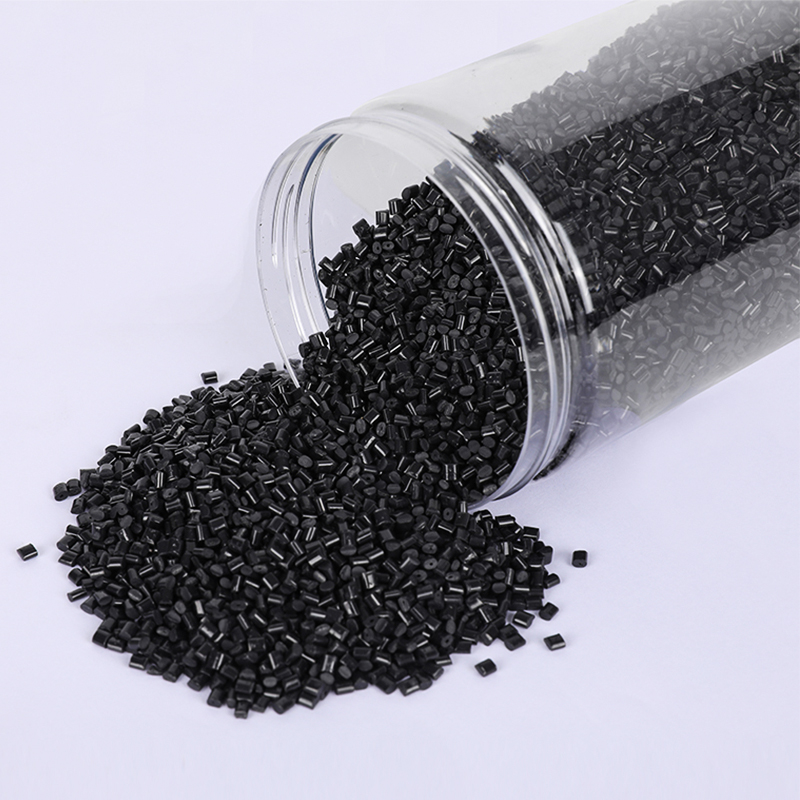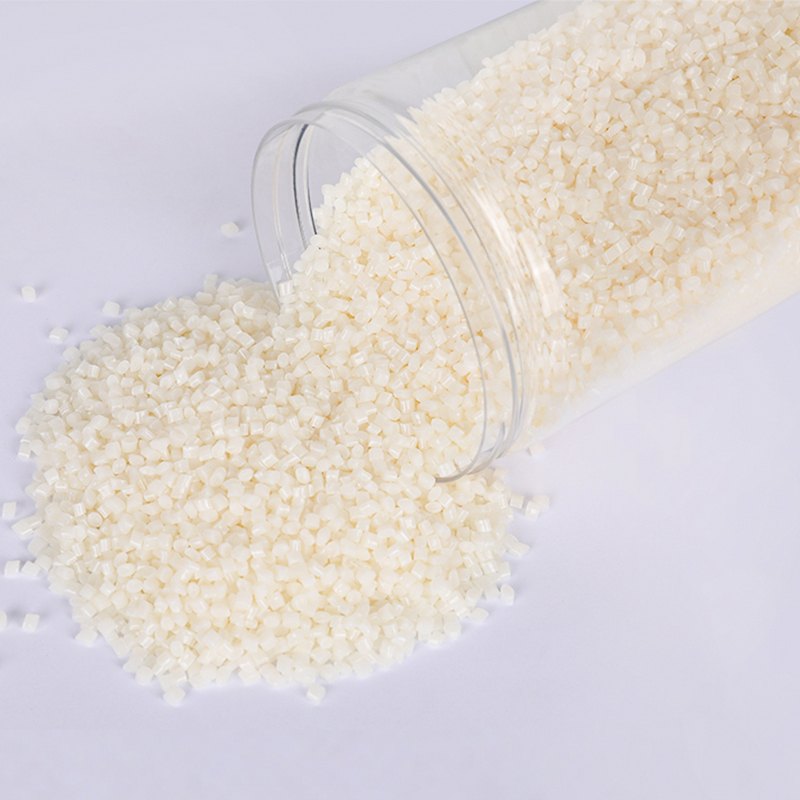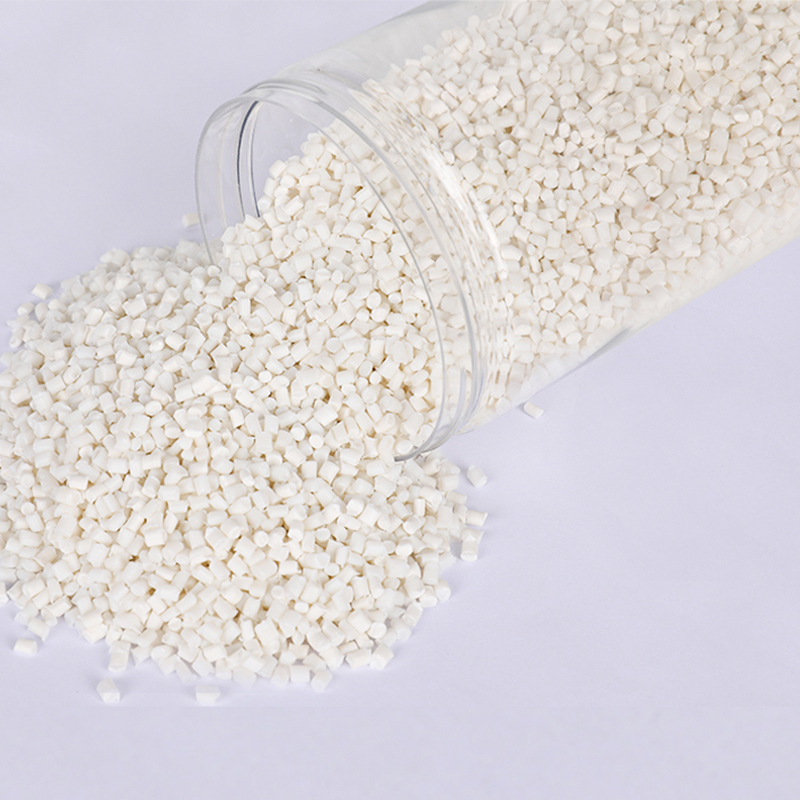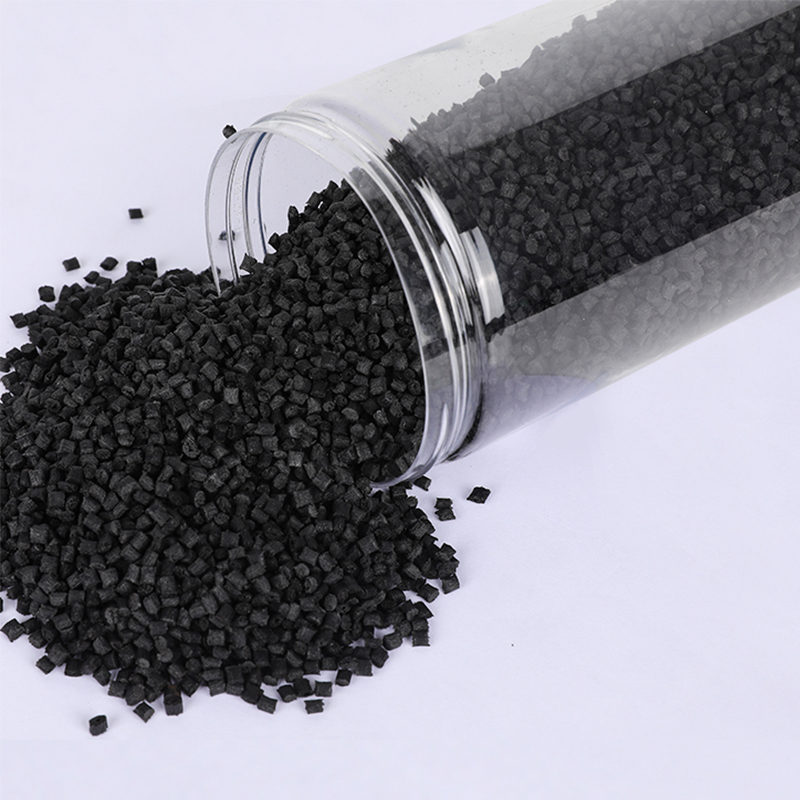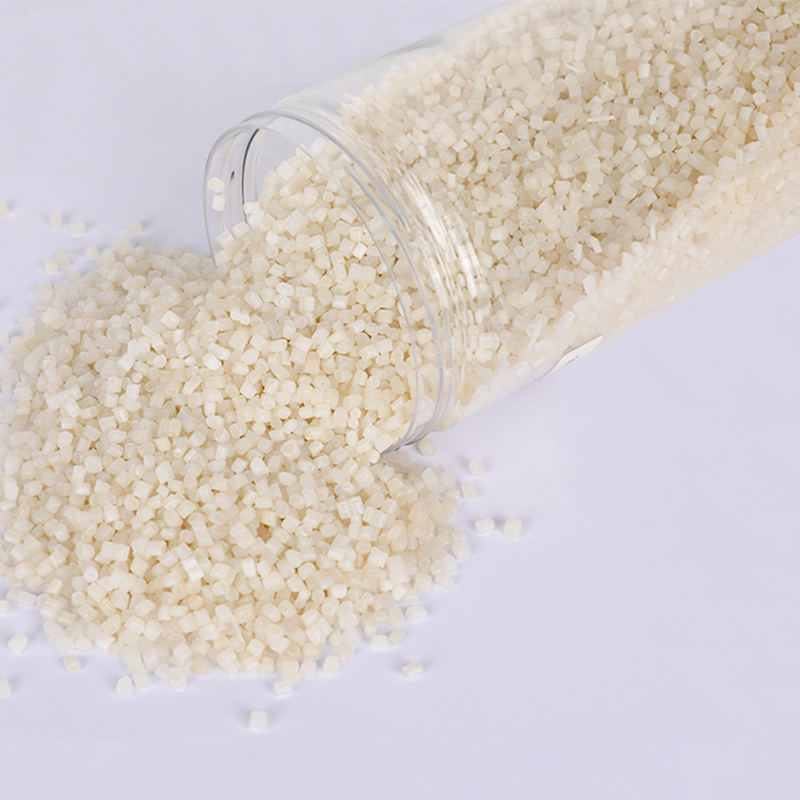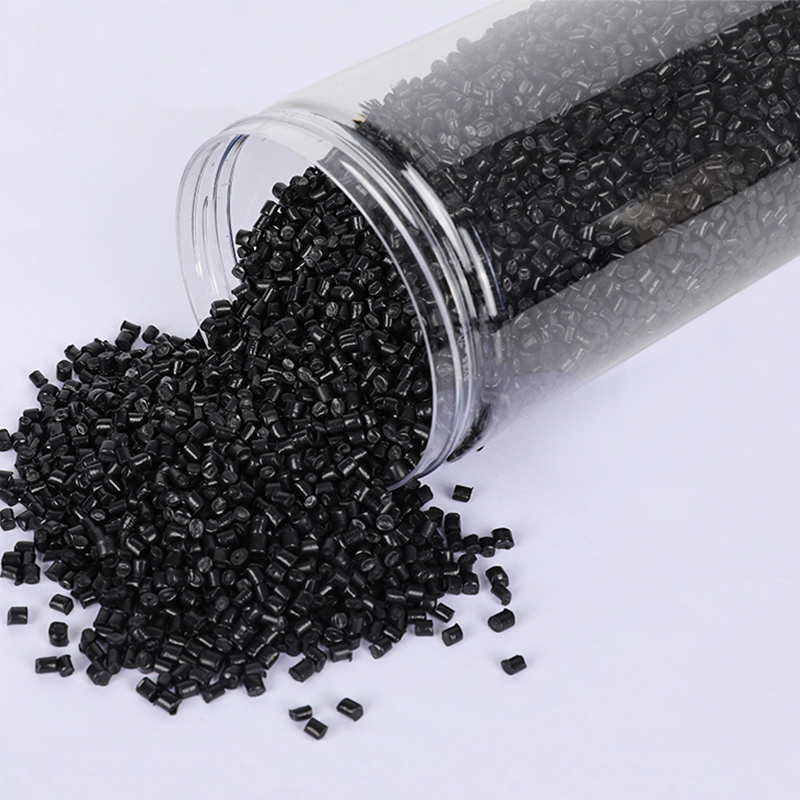Stay up to date with our recent products
Web Menu
Product Search
Exit Menu
Exploring Market Trends for PCR Recycled Polypropylene: Sustainability in Action Across Industries
The market trends for PCR polypropylene plastic pellets reflect a growing shift towards sustainability and circular economy practices across various industries. PCR recycled polypropylene, derived from post-consumer plastic products, is increasingly recognized for its environmental benefits and cost-effectiveness. This shift is driven by heightened consumer awareness and regulatory pressures aiming to reduce plastic waste and promote recycling.
In recent years, industries ranging from packaging to automotive and consumer goods have shown a rising interest in PCR recycled polypropylene. In the packaging sector, companies are integrating PCR materials to meet stringent regulations and consumer demand for eco-friendly products. The move is often motivated by both the need to comply with recycling mandates and the desire to enhance brand reputation by adopting sustainable practices. This trend is mirrored in the automotive industry, where manufacturers are incorporating PCR recycled polypropylene into various components to reduce the environmental footprint of their vehicles. This not only helps in achieving sustainability goals but also addresses the growing consumer preference for environmentally responsible products.
The commercial value of PCR recycled polypropylene is also becoming more prominent. Although PCR materials can sometimes be more expensive than virgin plastics, the cost is offset by the environmental benefits and the potential for increased market appeal. Companies that use PCR recycled polypropylene can often capitalize on incentives and subsidies provided for sustainable practices. Additionally, as technology advances and production processes become more efficient, the cost of PCR recycled polypropylene is expected to decrease, further enhancing its commercial attractiveness.
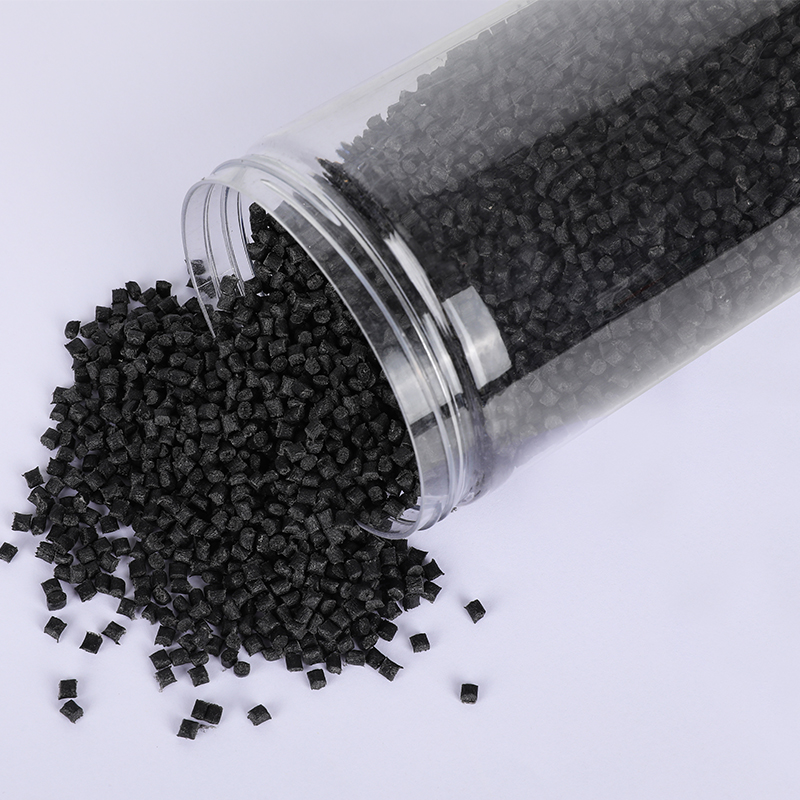
In terms of daily contact, consumers are increasingly encountering products made from PCR recycled polypropylene. This material is found in a range of everyday items, from packaging and containers to textiles and household goods. The use of PCR recycled polypropylene contributes significantly to reducing the volume of plastic waste that ends up in landfills and oceans. For instance, products like car wipes or carpets that use PCR recycled polypropylene help close the loop on plastic consumption by reusing materials that would otherwise be discarded.
The environmental impact of PCR polypropylene plastic pellets is substantial. By repurposing post-consumer plastics, PCR recycled polypropylene reduces the need for virgin plastic production, which in turn decreases greenhouse gas emissions and conserves natural resources. This material plays a crucial role in the broader effort to create a circular economy, where resources are continuously reused and recycled, minimizing waste and environmental harm.
My company’s PCR Recycled Polypropylene Plastic Pellets exemplify these benefits, offering high-quality material that meets rigorous environmental standards. Our pellets not only support sustainability but also provide performance reliability comparable to virgin polypropylene, making them a valuable choice for manufacturers aiming to align with green initiatives.
The market trends for PCR recycled polypropylene illustrate a significant shift towards sustainable materials across various industries. As awareness of environmental issues grows and technology advances, the adoption of PCR recycled polypropylene is expected to expand, driving further innovation and efficiency in the recycling and manufacturing processes.
As China PCR Recycled Plastic Granules Factory, We always adhere to the experience and philosophy of "keeping up with the times, constantly innovating, developing efficiently, and cooperating for mutual benefit"

Address: No.11, Wangzhuang Section, Provincial Road 01, Daqiao New Area, Economic Development Zone, Haiyan County, Jiaxing City, Zhejiang Province, China
Phone: +86-18058285678
Fax: +86-0573-86868101
E-mail: [email protected]
SUNRISE GROUP(Overseas Exclusive Agent)
www.sunrisechemical.com
2024 ICIS Global Chemical Distributor Top 8
Export Sales Manager:Helen Zhang
Mob/Whatsapp: +86 19883063465
Email: [email protected]
Copyright © Jiaxing Anyiju Plastic Industry Co., Ltd. All Rights Reserved

 简体中文
简体中文 English
English

